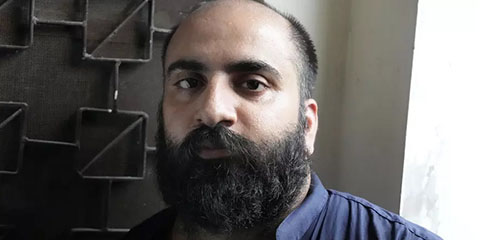Lahore court dismisses case against Farhan Asif over Southport incident
JournalismPakistan.com | Published last year | JP Staff Report
Join our WhatsApp channel
LAHORE—On Monday, a Lahore court acquitted Farhan Asif, who had been arrested on charges of spreading fake news and inciting violent protests related to the tragic murder of three girls in Southport, UK.
The Federal Investigation Agency's (FIA) Cyber Crime Wing in Lahore had registered a case against Farhan under Sections 9 and 10A of the Pakistan Electronic Crimes Act (PECA). However, during the hearing, the investigating officer informed the court that the misinformation in question had already circulated widely before Farhan shared it.
"We conducted a thorough investigation, but no evidence was found against the accused," the investigating officer stated. Following this, the court accepted Farhan Asif's plea and acquitted him of all charges.
Farhan Asif was initially accused of publishing false information on his website in late July 2024 regarding an attacker allegedly involved in the murder of three young girls at a dance school in Southport, UK. This misinformation reportedly sparked violent protests and arson in the UK, including attacks on mosques.
During the investigation, Farhan admitted to writing an article based on incorrect information obtained from an unverified 'X' account in Britain, according to a Lahore police officer who spoke to the BBC. Although Farhan's website removed the article after the British police clarified that the information was false, the damage had already been done as the fake news had spread extensively.
Photo: AP

























